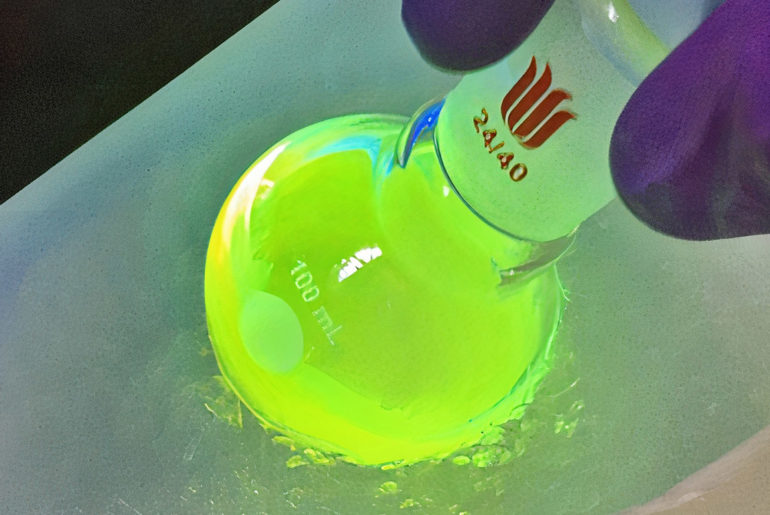
Researchers at The University of British Columbia are using quantum computing simulations to accurately predict the color of light emitted from molecules that produce the ones we see in the latest smartphones, tablets, and TV screens. Unfortunately, designing complex molecules for electronics and pharmaceuticals is beyond the capabilities of current quantum computers, but they could be used in the near future.
UBC professor Zac Hudson believes this research could be game-changing for materials design since it opens the door to using quantum computers for designing molecules. The model utilized predicted the properties of these light-emitting materials just as accurately as the best classical models, proving that quantum models could soon be used to design bespoke materials with specific properties, like smartphones.
- Powerhouse performance from AMD Ryzen 5 5500U mobile processor, 8GB DDR4 RAM, 256GB SSD storage, and AMD Radeon 7 Graphics
- The IdeaPad 3 14-inch laptop has 4-side narrow bezels that let you see more of the FHD (1920 x 1080) screen for wider viewing angles and less clutter
- Quieter and cooler with intelligent thermals, plus you can calibrate performance with Q-control, with 3 modes to match your performance needs

Currently, most materials are designed by first creating hundreds of molecules in a lab, which are then tested for the desired properties. Accurate quantum models would save time and money, as well as reduce waste, Dr. Hudson says, putting Canadian companies at the forefront of materials design,” said the researchers.




